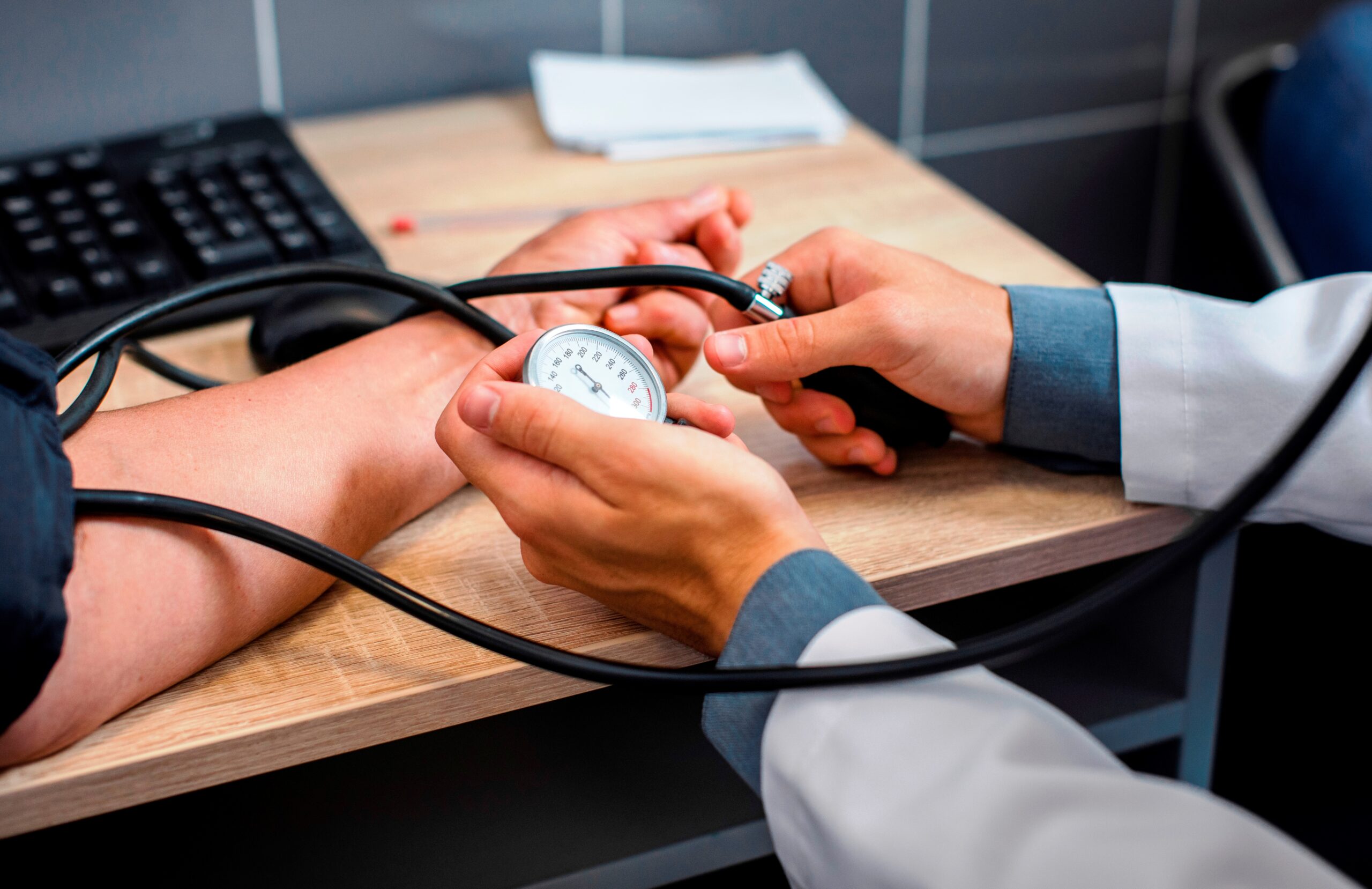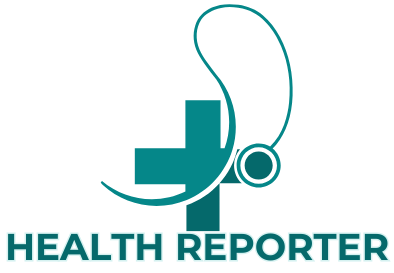
Table of Contents
Understanding Blood Pressure
What Is Blood Pressure?
Definition and Significance
Blood pressure is the force exerted by circulating blood against the walls of the body’s arteries, which are the major blood vessels. It is a vital sign of health, reflecting the efficiency of your cardiovascular system. High or low readings can indicate potential health problems that require attention. Simply put, blood pressure ensures that oxygen and nutrients reach your organs, supporting every function in your body.
Blood pressure is measured in millimeters of mercury (mmHg) and presented in two numbers: systolic (when the heart pumps blood) and diastolic (when the heart rests between beats). A normal reading typically falls around 120/80 mmHg.
The Role of Blood Circulation in Health
The circulatory system is like the highway for blood, transporting essential components like oxygen, hormones, and nutrients to cells. Blood pressure keeps this system running smoothly. Think of it as water flowing through pipes—too much pressure can burst the pipes, and too little won’t reach the endpoints. Maintaining balanced blood pressure is crucial for energy, focus, and overall well-being.
The Components of Blood Pressure
Systolic vs. Diastolic Pressure
Blood pressure readings consist of two parts:
- Systolic pressure is the top number, indicating the force when your heart contracts and pumps blood.
- Diastolic pressure is the bottom number, showing the pressure when your heart rests between beats.
Both numbers are critical. A high systolic number could signal heart strain, while a high diastolic number might indicate underlying conditions like kidney issues.
Measuring Blood Pressure: How It Works
Measuring blood pressure involves a cuff wrapped around your arm, connected to a device that gauges pressure as air inflates and deflates the cuff. This method determines the systolic and diastolic values. Regular checks are essential to track changes and prevent health issues from escalating unnoticed.
Types of Blood Pressure Conditions
Hypertension (High Blood Pressure)
Causes and Risk Factors
Hypertension, often called the “silent killer,” occurs when blood pressure remains consistently high. Factors include:
- Lifestyle choices: Diets high in sodium, smoking, and lack of exercise.
- Genetics: Family history of high BP increases risk.
- Age: Risk grows as you get older.
Conditions like obesity, diabetes, and chronic stress can also contribute to hypertension. Addressing these factors early is crucial to long-term health.
Symptoms and Complications
Hypertension may not have obvious symptoms, which is why regular monitoring is essential. Left untreated, it can lead to:
- Heart attack or stroke
- Kidney damage
- Vision problems
Watch for warning signs like headaches, dizziness, or chest pain, though they may appear only in severe cases.
Hypotension (Low Blood Pressure)
Causes and Risk Factors
Hypotension, or low blood pressure, happens when readings consistently fall below 90/60 mmHg. Causes include:
- Dehydration
- Nutritional deficiencies
- Severe infections or blood loss
Certain medications and conditions, like heart problems or endocrine disorders, can also result in hypotension.
Symptoms and Complications
Common symptoms include dizziness, fainting, and fatigue. Severe hypotension can deprive organs of essential blood flow, leading to shock or organ damage. Recognizing these signs and seeking prompt treatment is vital to avoid complications.
How Blood Pressure Affects the Body
Cardiovascular Health
Impact of Hypertension on the Heart
High blood pressure puts extra strain on your heart, pushing it to work harder. Over time, this can lead to:
- Thickened heart walls
- Increased risk of heart failure
Ignoring hypertension can escalate the likelihood of life-threatening events like heart attacks.
How Hypotension Affects Blood Flow
Low blood pressure, on the other hand, limits blood flow, potentially causing organs to function improperly. Reduced blood supply to the heart, brain, or kidneys can result in permanent damage.
Effects on Organs
Kidneys and Blood Pressure
The kidneys play a vital role in regulating blood pressure by managing fluid balance and sodium levels in the body. High blood pressure can damage the small blood vessels in the kidneys, impairing their ability to filter waste efficiently. This can lead to chronic kidney disease (CKD), which may progress to kidney failure if untreated.
On the flip side, low blood pressure may cause inadequate blood flow to the kidneys, reducing their efficiency and leading to acute kidney injury. To protect kidney health, maintaining optimal blood pressure levels is essential.
Brain and Cognitive Function
Blood pressure significantly impacts brain health. Hypertension increases the risk of strokes, aneurysms, and vascular dementia by damaging blood vessels in the brain. Over time, this can impair cognitive functions such as memory, attention, and decision-making.
Low blood pressure can also cause dizziness and fainting, increasing the risk of falls and head injuries. Chronic hypotension may affect brain health by depriving it of sufficient oxygen and nutrients. Balanced blood pressure is crucial for maintaining mental sharpness and preventing neurological complications.
Managing Blood Pressure Levels
Lifestyle Changes
Dietary Adjustments for Healthy BP
Your diet plays a crucial role in managing blood pressure. Following the DASH (Dietary Approaches to Stop Hypertension) diet is highly recommended. Key components include:
- Low sodium intake: Limit processed and salty foods.
- Increase potassium: Include bananas, oranges, and spinach in your meals.
- Healthy fats: Opt for nuts, seeds, and olive oil over saturated fats.
Additionally, reduce sugar consumption and prioritize whole grains, lean proteins, and plenty of vegetables.
Importance of Regular Exercise
Physical activity is a natural way to lower blood pressure. Exercises like brisk walking, cycling, swimming, or yoga improve heart health and circulation. Aim for at least 150 minutes of moderate-intensity exercise per week. Exercise also helps manage weight, a key factor in maintaining healthy blood pressure levels.
Medical Treatments
Medications for Hypertension
When lifestyle changes aren’t enough, medications may be prescribed to control high blood pressure. Common options include:
- ACE inhibitors: Relax blood vessels to reduce pressure.
- Diuretics: Help remove excess sodium and water.
- Beta-blockers: Lower heart rate and output to reduce BP.
It’s important to follow your doctor’s advice and attend regular check-ups to monitor progress.
Interventions for Hypotension
Treating low blood pressure involves addressing its root cause. For mild cases, increasing fluid intake and consuming small, frequent meals can help. In more severe cases, medications like fludrocortisone may be used to regulate blood volume. Compression stockings are another option to improve circulation.
Prevention Strategies
Regular Monitoring
Tools for Tracking Blood Pressure at Home
Owning a home blood pressure monitor is an effective way to track your readings consistently. Choose a reliable digital monitor and use it according to instructions. Record readings to detect patterns or sudden changes, which can be shared with your healthcare provider.
Role of Regular Medical Check-ups
Even if you feel healthy, regular check-ups are essential. Doctors can identify trends in your blood pressure that might signal an underlying condition. Early detection allows for timely interventions, preventing complications down the road.
Building Healthy Habits
Stress Management Techniques
Chronic stress can elevate blood pressure. Incorporate stress-reducing practices into your daily routine, such as:
- Meditation and mindfulness
- Deep breathing exercises
- Hobbies and activities you enjoy
Learning to manage stress effectively can make a significant difference in maintaining healthy blood pressure levels.
Maintaining a Balanced Routine
Consistency in sleep, diet, and exercise is key to blood pressure regulation. Avoid skipping meals or staying up late regularly. Balanced routines promote a harmonious internal rhythm, helping your body function optimally.
Blood Pressure in Special Populations
Blood Pressure and Pregnancy
Preeclampsia: Causes and Concerns
Preeclampsia is a pregnancy-related condition characterized by high blood pressure and signs of organ damage, typically after 20 weeks of gestation. While the exact cause remains unclear, contributing factors include:
- Genetics
- Obesity
- Underlying health conditions, such as diabetes or kidney disease.
Preeclampsia can pose risks for both the mother and baby, including premature birth or low birth weight. Severe cases may progress to eclampsia, a life-threatening condition involving seizures. Regular prenatal care is crucial for early detection and management.
Monitoring BP During Pregnancy
Pregnant women should monitor their blood pressure closely to prevent complications. Blood pressure naturally fluctuates during pregnancy, but consistent high readings warrant immediate medical attention. Healthy lifestyle choices, such as a balanced diet and stress management, can also help maintain safe levels.
Blood Pressure in the Elderly
Challenges with Aging and BP Control
Aging often brings about changes in blood pressure regulation. Arteries may stiffen over time, leading to isolated systolic hypertension (high systolic readings with normal diastolic levels). This condition increases the risk of stroke, heart attack, and dementia in older adults.
Medications for other age-related conditions can complicate blood pressure management, requiring careful monitoring and adjustment. Seniors may also experience postural hypotension, a sudden drop in BP when standing up, increasing the risk of falls.
Recommendations for Senior Health
Elderly individuals should prioritize regular blood pressure monitoring and consult their healthcare providers for personalized treatment plans. Moderate physical activity, a heart-healthy diet, and adherence to prescribed medications can support overall cardiovascular health. Avoiding excessive salt and staying hydrated are especially important for this demographic.
Myths and Facts About Blood Pressure
Debunking Common Misconceptions
Salt Intake and Hypertension
Myth: Eating salty foods always leads to high blood pressure.
Fact: While excessive sodium intake can raise blood pressure, the relationship varies among individuals. Those with salt sensitivity are more likely to experience hypertension. Potassium-rich foods can help counterbalance sodium’s effects.
Can Young People Have High BP?
Myth: High blood pressure only affects older adults.
Fact: Hypertension can develop at any age, especially in those with poor lifestyle habits, obesity, or a family history of the condition. Early detection in young individuals is vital to prevent long-term complications.
The Future of Blood Pressure Management
Emerging Technologies
Smart Devices for Monitoring
Wearable devices, such as smartwatches and fitness trackers, are revolutionizing blood pressure monitoring. These gadgets provide continuous, real-time data, empowering users to understand their health trends better. Paired with mobile apps, they allow for seamless tracking and sharing of results with healthcare providers.

Advances in BP Research
Ongoing research is exploring innovative treatments for blood pressure control. Gene therapy, precision medicine, and AI-driven healthcare tools hold promise for more personalized and effective interventions. Scientists are also studying the microbiome’s role in blood pressure regulation, which could lead to novel dietary recommendations or probiotics.
Conclusion
Summary of Key Points
Maintaining healthy blood pressure is essential for overall well-being. Whether dealing with hypertension or hypotension, understanding the causes, risks, and management strategies is crucial. Lifestyle changes, regular monitoring, and medical interventions can make a significant difference in preventing complications.
Encouragement for Regular Monitoring
Don’t underestimate the importance of tracking your blood pressure. Simple steps, like using a home monitor or scheduling check-ups, can protect your health and add years to your life. Take action today for a healthier tomorrow.
FAQs:::
- How often should I check my blood pressure?
It’s ideal to check your blood pressure once a week if you’re healthy, or daily if you’re managing a condition like hypertension. Consult your doctor for personalized advice. - Can stress cause permanent high blood pressure?
While stress can temporarily elevate blood pressure, chronic stress may lead to long-term hypertension if combined with other risk factors like poor diet or lack of exercise. - What foods are best for controlling blood pressure?
Foods like leafy greens, berries, whole grains, and low-fat dairy are excellent for managing blood pressure. Limit processed foods and choose natural options whenever possible. - Is it normal for BP to fluctuate throughout the day?
Yes, blood pressure naturally changes during the day due to factors like activity levels, stress, and posture. However, significant or frequent fluctuations may need medical evaluation. - When should I see a doctor for blood pressure concerns?
Seek medical advice if your readings consistently exceed 140/90 mmHg or fall below 90/60 mmHg, or if you experience symptoms like dizziness, chest pain, or shortness of breath.
